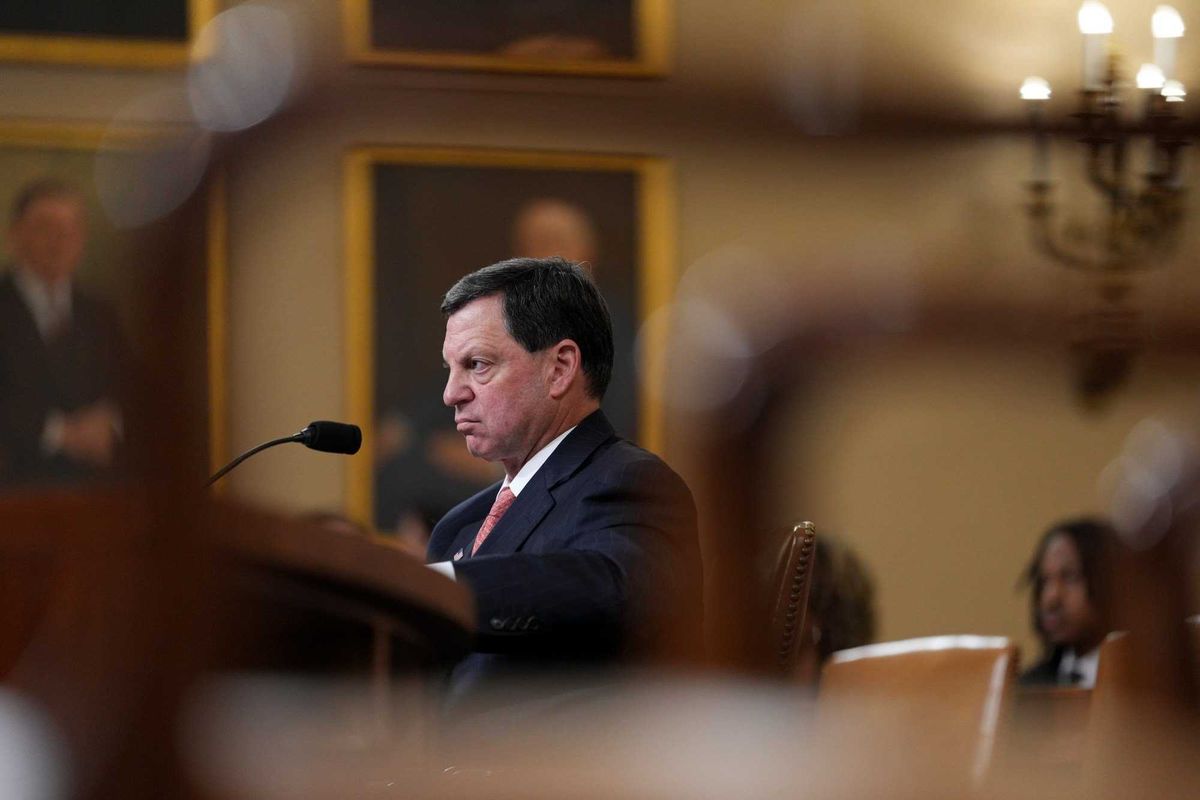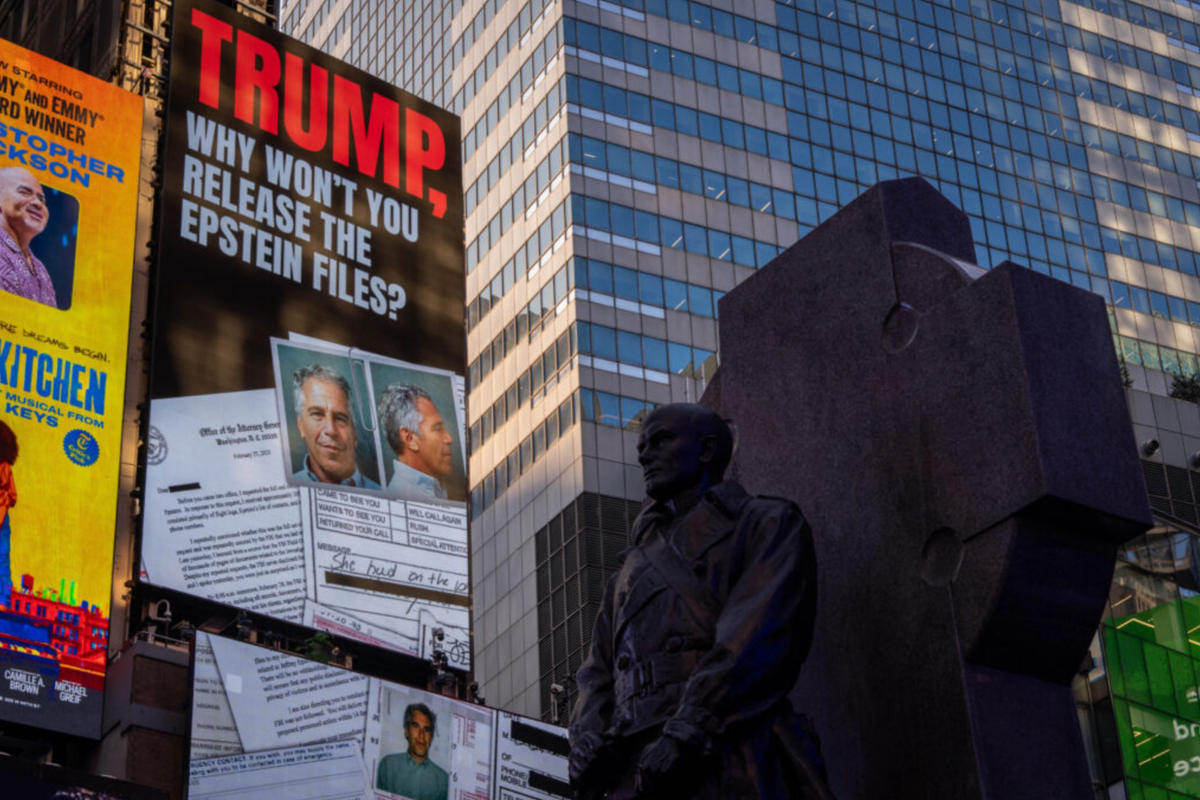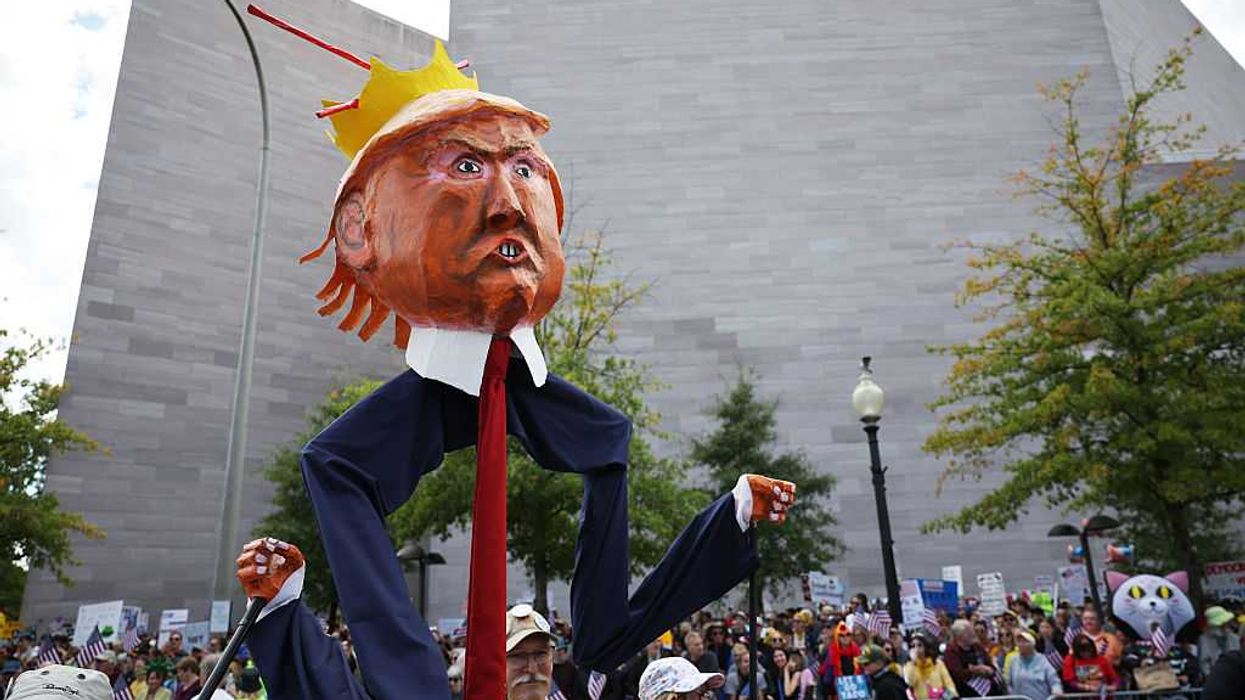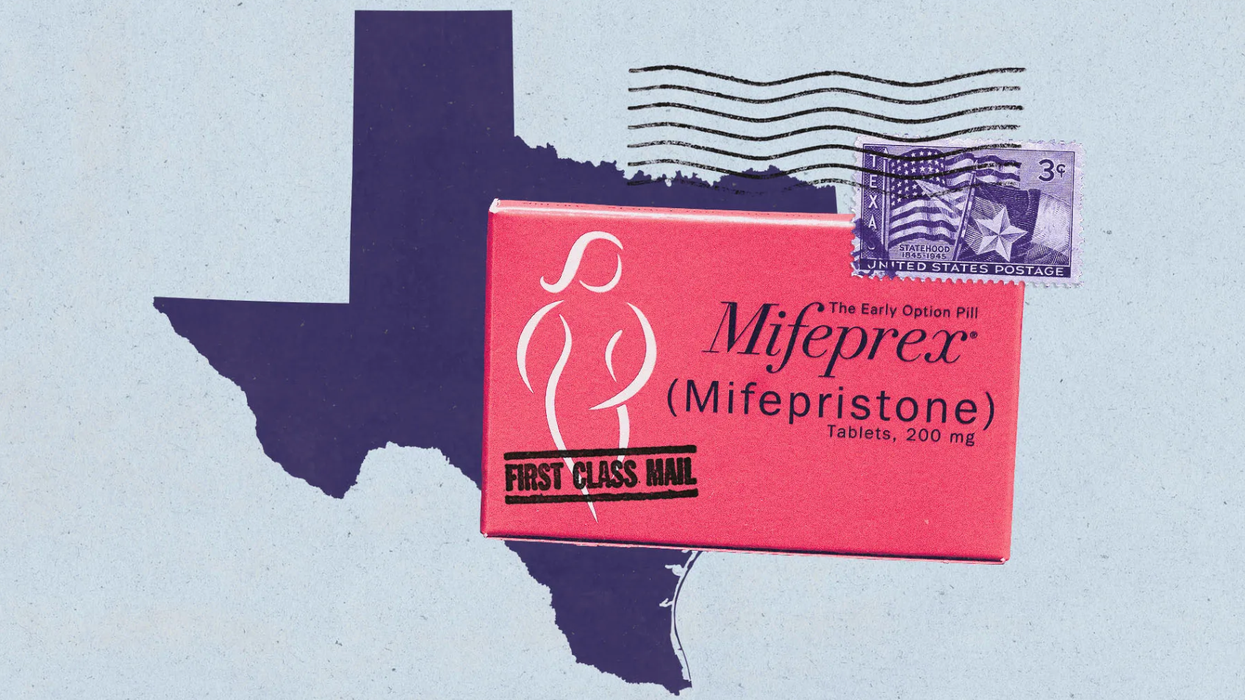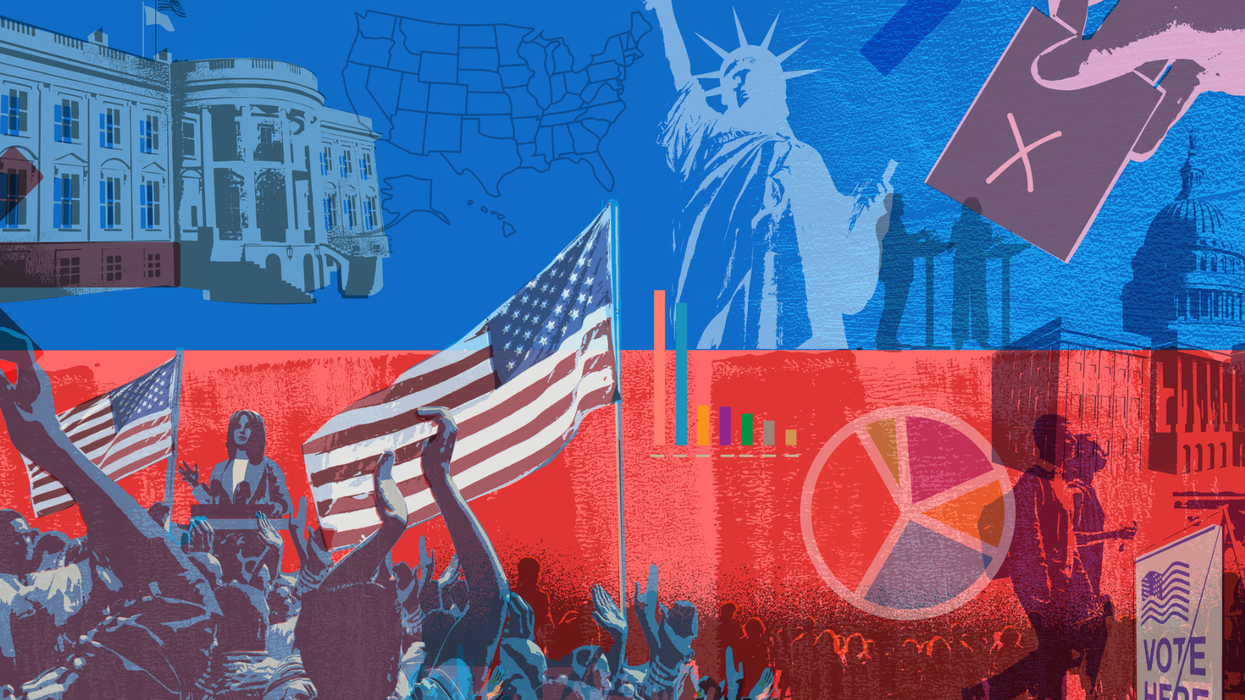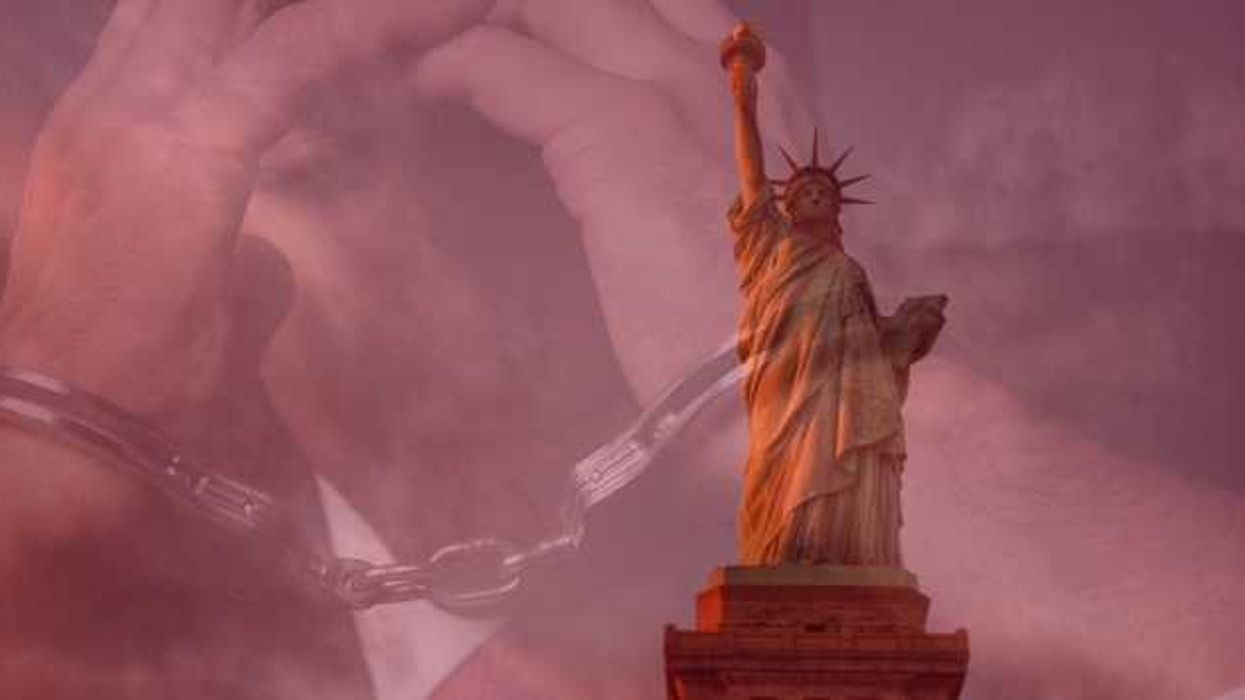This is the second in a series of articles examining changes to voting laws in every state.
The ongoing election evolution in the United States, while in large part catalyzed by the Covid-19 pandemic, has been building momentum for years.
Many states were already undergoing major overhauls to their election systems leading up to the 2020 election, even before the pandemic gripped the nation. And in the aftermath of the presidential contest, states have doubled down on voting reforms.
To provide a comprehensive analysis of the voting law changes in every state and Washington, D.C., since 2019, The Fulcrum compiled data from the Voting Rights Lab, the National Conference for State Legislatures, the Brennan Center for Justice, and state statutes and constitutions. This second installment focuses on the five states that conduct primarily vote-by-mail elections.
Democrats control the legislature and governorship in four of the vote-by-mail states: Colorado, Hawaii, Oregon and Washington. Over the last two years, these states have made significant expansions to voting access, as well as smaller election modifications. Utah, the sole Republican-led state in the group, has only seen minor voting changes recently as it already practices some of the expansions made by the other states.
The chart below provides an overview of how voting practices have changed or remained the same in the five primarily vote-by-mail states over the past two years. A more detailed explanation of each state's changes follows.
Read the first installment of Election Evolution: How the 5 most populous states have overhauled their election systems
Colorado
Colorado's all-mail election system is often heralded as the gold standard for the rest of the country. Since 2013, when the state first opted to send all voters a mail ballot for every election, Colorado has seen higher voter turnout and lower election costs than in previous elections.
This year, lawmakers made small tweaks to the vote-by-mail system. Voters with certain disabilities are now able to cast their ballot electronically, rather than returning it by mail or in person. (These voters must include an affidavit or a copy of their voter ID, similar to if they voted in person.)
Multipurpose buildings, including police stations, may be used as new drop box locations if the buildings also include the county or municipal clerk's office. And any voter in line at a drop box location at the time polls close may remain in line until they can return their ballot.
A law enacted this year also requires voting locations to keep affidavits for curing, or fixing, ballots as well as replacement ballots on hand in case any voter needs them. And another new rule prevents mail ballots from being challenged for a mismatched signature. (Election officials will ensure signature matching during the ballot counting process.) Instead, challenges can only be made on the basis that the voter is not a citizen, hasn't lived in Colorado long enough or isn't old enough.
One of the most impactful changes Colorado has made in recent years is restoring voting rights eligibility to people with felony convictions upon their release from prison, rather than after they complete probation or parole. Election clerks must also coordinate with county sheriffs to facilitate voting for individuals in jails or detention centers who are eligible.
Other recent voting changes include:
- Higher education institutions must email students voter registration information each semester.
- County election officials must take into account certain factors when choosing sites for voting centers, such as previous turnout and wait times, and get public input on proposed changes or new locations.
- Starting November 2022, the state must provide a multilingual voter hotline and sample ballots in languages that at least 2,000 Coloradans speak for every general election and statewide odd-year election.
- The definition for electioneering, which is a crime punishable as a misdemeanor, was expanded to include the distribution or display of campaign posters, signs, materials or apparel.
Hawaii
Hawaii is the most recent state to switch to a primarily vote-by-mail system. Last year's election was the first in which all eligible voters automatically received an absentee ballot.
Following its inaugural all-mail election, Hawaii made a couple small changes to allow county clerks more time to process ballots and provide voters the option to request a replacement ballot.
This year, Hawaii added a requirement that each county open at least one voter service center during business hours for the 10-day early voting period. Additional voter service centers can be opened during varying days and times to best serve voters in that area. County clerks are required to publicize a list of all voter service centers and drop boxes, including the days, location and hours of operation for each.
A law enacted this year integrates the online and same-day voter registration systems, so Hawaiians can register to vote online during the early voting period or on Election Day and then cast a ballot in person at a voting center.
Other recent voting changes include:
- Voter registrations may no longer be challenged.
- The regular voter registration deadline was changed from 30 days to 10 days before an election. (Same-day voter registration begins 10 days before Election Day, when early voting opens, so registration is now essentially continuous.)
- Registration forms were updated to allow voters to indicate whether they have a disability that prevents them from reading standard print and allowing them to request an electronic ballot by email.
- For voter roll maintenance, Hawaii now follows the federal standard: Voters who may have moved are sent notices. If there is no response and the voter does not vote in the next two federal elections, then they are removed from the rolls.
- Officials are required to provide individuals on probation or parole with information about their eligibility to vote and how they can register.
- The no-electioneering zone was expanded to include within 200 feet of areas where voters are waiting to cast their ballots.
- It is now a misdemeanor crime to operate an unofficial ballot drop box.
Oregon
In 2000, Oregon became the first state to switch to primarily vote-by-mail elections. After two decades of conducting such elections, Oregon has not seen any significant changes to that process in recent years.
Earlier this year, state lawmakers did approve giving voters more time to return their mail ballots, though. Previously, voters had until the close of polls on Election Day to return their ballots, but now mail ballots will be accepted and counted if they are postmarked by Election Day and received by election officials no more than seven days late.
Election workers are also now allowed to begin processing and counting mail ballots upon receipt, rather than waiting to do so until a week before Election Day. And if an administrator receives ballots from voters in another county, they must forward those ballots to the right jurisdiction no later than eight days after an election.
The secretary of state and county election officials now must provide voter education pamphlets, in print and online, in the five non-English languages most commonly spoken statewide and in each county. A list of these languages must also be made publicly available.
In Oregon, not voting in a certain number of elections does not trigger removal from the state's voter rolls. A law enacted this year also prohibits election officials from marking voters as inactive if they have not recently voted or updated their registration.
Voters currently marked as inactive for these reasons will be restored as active. Election officials are also instructed to notify inactive voters of their status 75 days before a primary or general election and give them the opportunity to reactivate their registration.
Finally, a new law prohibits people from knowingly communicating false statements with the intent to mislead voters about the date of election, deadline for delivering ballots, voter registration deadline, method of registering to vote, locations of drop boxes, qualifications of voters, or voter registration status within 30 days of a primary or special election or 60 days of a general election.
Utah
While primarily vote-by-mail elections were first introduced in Utah in 2013, it wasn't until last year's election that all 29 counties used the system.
To help voters monitor their mail ballot's status, a law enacted earlier this year requires the lieutenant governor to provide a ballot tracking system that will text or email voters when their ballot is mailed to them, received by the county clerk and counted. Utah already offers a way for voters to track their ballots, but this new system will be active by May 2022.
Last year, Utah became the latest state to abolish an archaic voting procedure: straight-ticket voting, which allows voters to choose all the candidates of a particular party with a single ballot mark. Just seven states still offer this option. Proponents of straight-ticket voting say it cuts down on wait times at the polls, but as an all vote-by-mail state that's not an issue in Utah. Critics of straight-ticket voting also say doing away with it forces voters to be more informed of all candidates on the ballot.
Also in 2020, lawmakers consolidated the different deadlines for online, in-person and by-mail voter registration so that they are all 11 days before an election. (Same-day registration is still offered at in-person polling locations on Election Day.)
Additionally, the registration rules were updated requiring anyone who wishes to participate in the primary of a party other than the one they are currently affiliated with to update their political affiliation by March 31 of an even-numbered year. (Previously, voters had until the voter registration deadline to make changes.)
Like every state, Utah has a process for removing deceased voters from the rolls. This year, new rules were adopted for that process. County clerks must now cancel a person's voter registration within 10 days of being notified that they are deceased. And the lieutenant governor must work with the state registrar to review the voter rolls 90 days before an election and ensure no deceased voters remain.
Washington
Permanent absentee voting in Washington dates back to the 1980s, but it wasn't until 2011, when every county but one had switched to all-mail elections, that this system was adopted statewide.
In 2019, Washington implemented both same-day and automatic voter registration. (A voter must go to a voting center to register and vote on the same day.) That same year, the state also adopted a Native American Voting Rights Act, allowing nontraditional addresses and tribal IDs to be used for voter registration and tribes to request voter services, like ballot drop boxes, on their reservations.
Two years ago, Washington started allowing 16- and 17-year-olds to pre-register to vote as well. In 2020, this policy was updated so that at the beginning of next year, 17-year-olds will be eligible to vote in primaries if they turn 18 by the subsequent general election.
Starting next year, Washingtonians with felony convictions will have their voting rights restored upon release from prison, rather than after they've completed probation or parole. Voting rights will not be revoked if a person is re-incarcerated for violating probation, parole or community custody.
Finally, Washington has now made it a gross misdemeanor to misrepresent an unofficial ballot collection site as an official one established by the county auditor.
